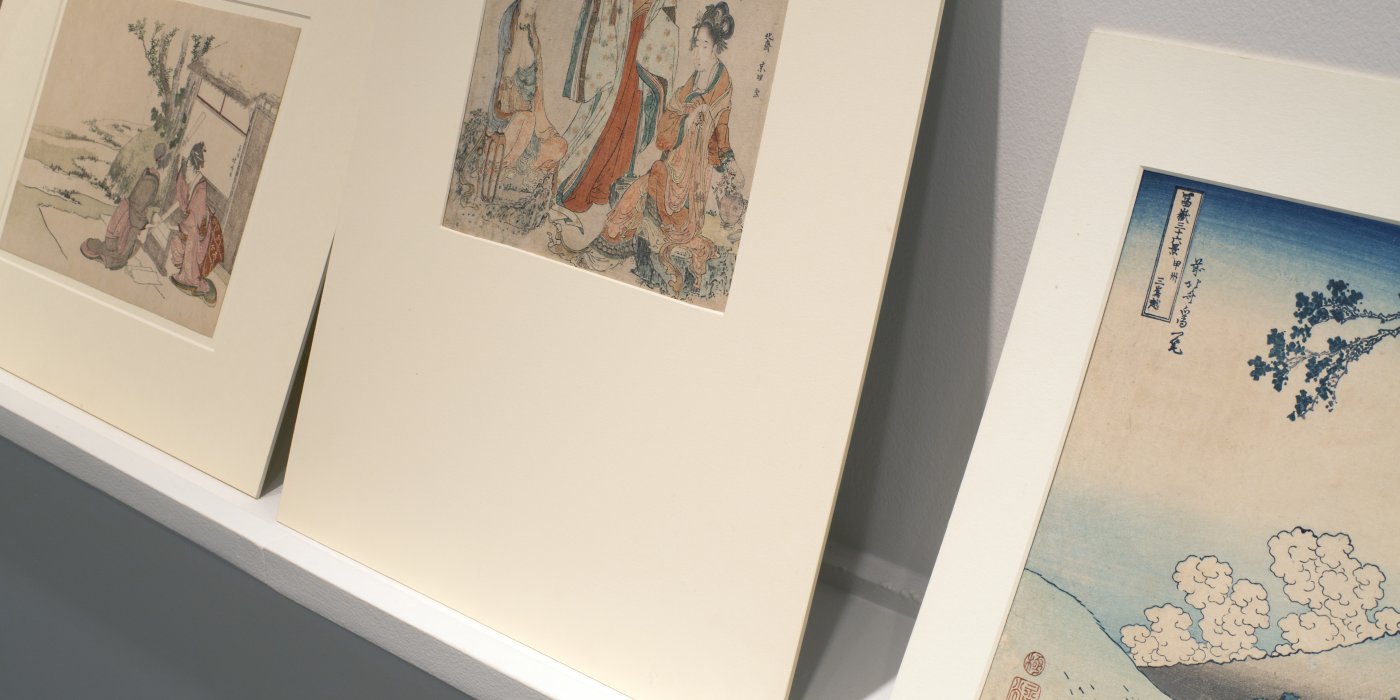Viewing original art objects and visiting architecture and cultural sites are integral parts of the study of art history, and such research often necessitates travel. In addition to the Gold-Gorvy and Bross Traveling Seminars, graduate students travel with departmental, university, and external funding for dissertation research. Language learning abroad is also encouraged, with myriad sources of funding available.
Traveling Seminars
Traveling seminars take students and faculty to important sites across the country and around the world, fostering object-driven academic discourse and original, collaborative research. The Department of Art History typically offers at least one traveling seminar per academic year. The costs of travel and accommodation are covered for students enrolled in these classes.
Recent Gold Gorvy Traveling Seminars have included “Earthworks Revisited” (to see land art works in the American West), “Before the Global: The Emergence of an International Art World” (with travel to documenta and Skulptur Projekte Münster in Germany and Greece), “Art, Power, and Patronage in Naoshima and its Environs” (with travel to Naoshima Island in Japan), and “Rome Redux.” Bross Traveling Seminars, focused on Western art before 1800, have included “Florentine Topographies: Art, Architecture, and Urban Life in Renaissance Florence,” “The Art of the Parish in Medieval England,” and “What is an Archive? History, Theory, Practice” (with travel to Paris). Other seminars may include short-term travel to see exhibitions or collections in the United States.
Research Travel Funding
In any given year, numerous art history graduate students can be found out of town across the United States and the globe. The funding package received by each art history graduate student accommodates up to a full year of research or study away from campus. Departmental discretionary research and travel funds are available to supplement this funding package for pre-dissertation and dissertation research and for language study outside of Chicago. Additional external grants are offered by the Arts & Humanities Division, various UChicago centers and units, and other funding sources in the United States and abroad. UChicago graduate students in art history regularly win some of the discipline’s most prestigious awards.
Conference Travel
Conference travel is critical to presenting research, learning about research in progress by others, and building a professional community. The Arts & Humanities Division offers reimbursement grants for doctoral students to present conference papers up to three times in their graduate careers; students may also use their departmental discretionary funds for conference travel.
